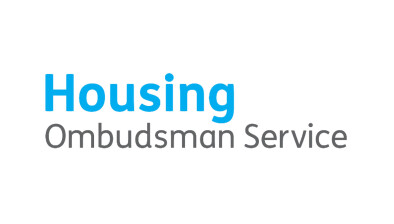England: Ombudsman calls for ethical complaint culture amid record non-compliance

The level at which social landlords in England are failing to comply with the Housing Ombudsman’s Complaint Handling Failure Orders (CHFO) has reached the highest level ever recorded, the watchdog has found.
The orders relate to the last quarter before the Complaint Handling Code became statutory, underscoring the importance of the Code becoming statutory and the Ombudsman powers being extended to improve local complaint handling standards.
Over the past quarter, the Ombudsman also brought 10 landlords into compliance with the Code – representing 250,000 residents who should now see improved complaint handling as a result.
The Ombudsman has called on landlords to go further than simply complying with the Code, but to move towards ethical complaint handling.
Demonstrating this ethical complaint handling to residents can restore trust where it has previously been fractured.
The landlords that did not comply with its CHFOs this quarter are:
- Hyde Group
- Lewisham Council
- London Borough of Barking and Dagenham
- London Borough of Ealing
- London Borough of Haringey
- London Borough of Newham
- L&Q
- Metropolitan Thames Valley
- Salvation Army Housing Association
- Soho Housing Association
- Sovereign Housing Association
- The Industrial Dwellings Society (1885)
- Tower Hamlets Homes
- Warwick District Council
Richard Blakeway, Housing Ombudsman, said: “Every complaint handling order is issued as a last resort and behind every non-compliant order is a resident without resolution.
“Therefore, to see a rise in the non-compliance of these orders should be a red flag to landlords as our Duty to Monitor powers are introduced. These duties will strengthen local complaint handling and build trust between residents and landlords to achieve earlier resolution.
“Landlords must look towards a more ethical approach to complaint handling, where they are not just ticking a box for compliance but are placing residents at the heart of the process and ensuring a human-centric provision.”








